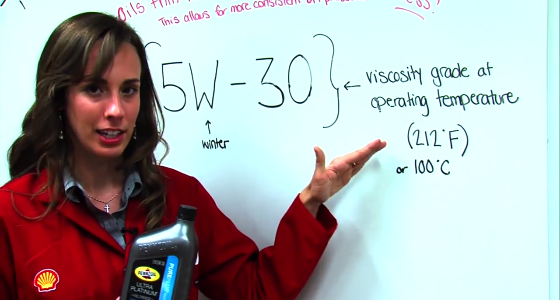Posted on 4/20/2017

Choosing the best, whether synthetic or conventional, engine oil is highly controversial and debated. Motor oil is surrounded with myths and questions. Today we'll look at the answers to these common motor oil questions: What does 5W-30 mean? Why should I change my oil? What is the typical composition of motor oil? Are aftermarket oil additives needed? What does synthetic oil mean? Can you mix synthetic with conventional oil? Can synthetic be used to break in an engine? What causes sludge? Why should I use the viscosity grade that the manufacturer recommends? Check out the video below for the answers to these frequently asked questions. And remember, if you're ever unsure about a topic like this as it applies to your cars, we're only a phone call away
Posted on 4/20/2017

Car Maintenance is Important. It can Also Get Expensive. Even as cars evolve to need less-frequent care, maintenance and replacement costs can take a big bite out of your wallet. Don't worry, we're not going to try to teach you how to rebuild an engine or even dirty your hands - just how to make smart decisions that'll keep you rolling for less. Give Regular Fuel A Try Even if your car says premium fuel recommended - or even required - few really need it. Most late-model cars can adjust to regular fuel because engines are now equipped with knock sensors, which adjust the engine's timing automatically when they detect detonation - the tell-tale 'pinging' sound. You may experience a slight decrease in power and fuel economy, but no damage to the engine. A key exception: If your car is turbo- or supercharged and specifies super, follow the manual. And for Pete's sake, you're doing neither your car nor your wallet any favors by putting higher ... read more